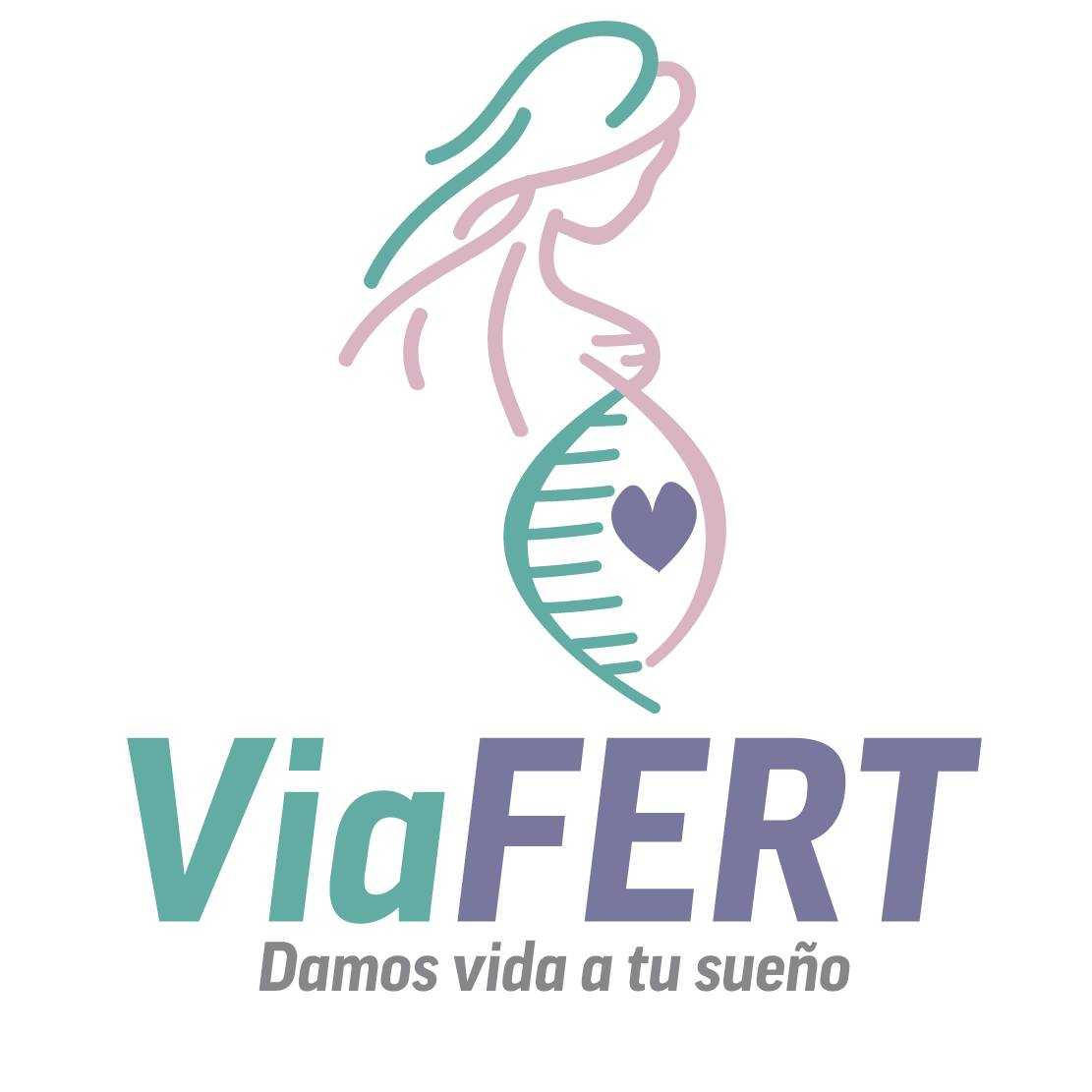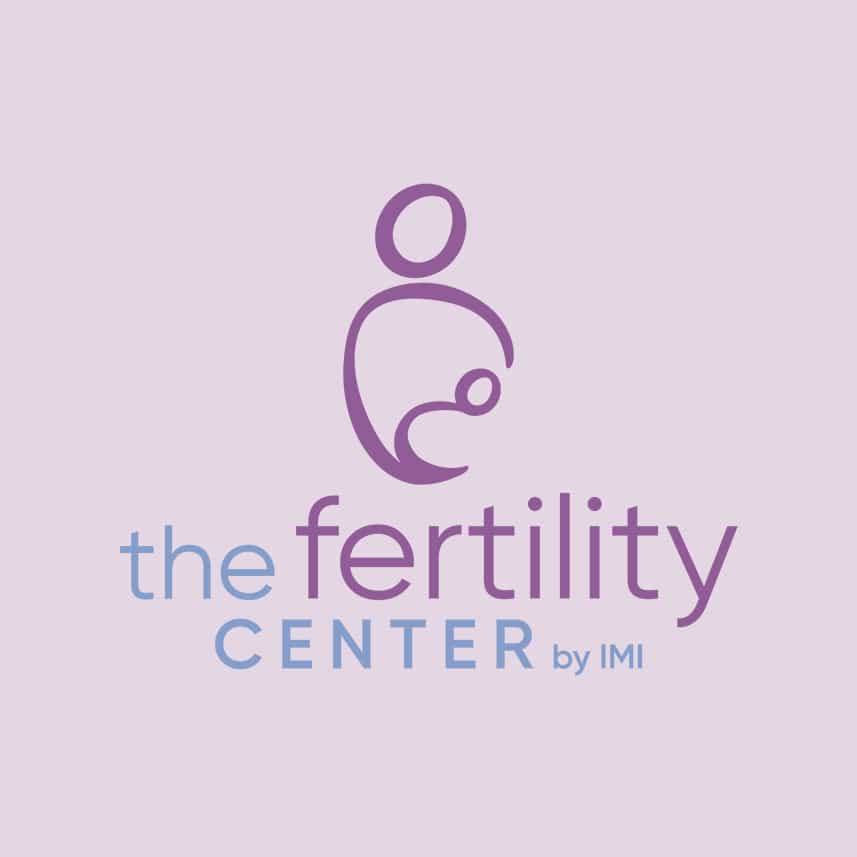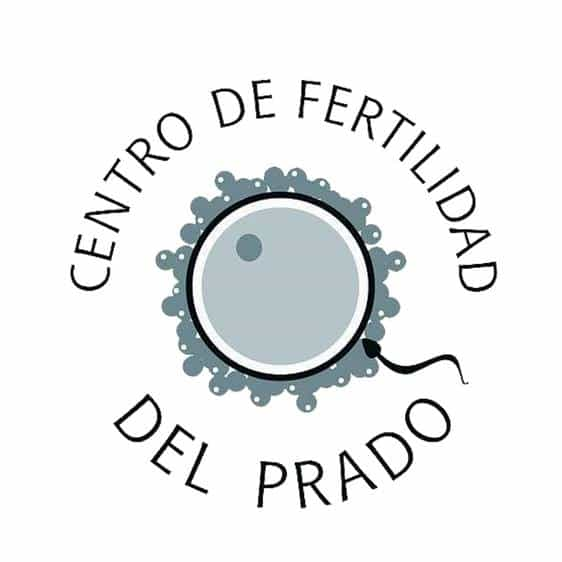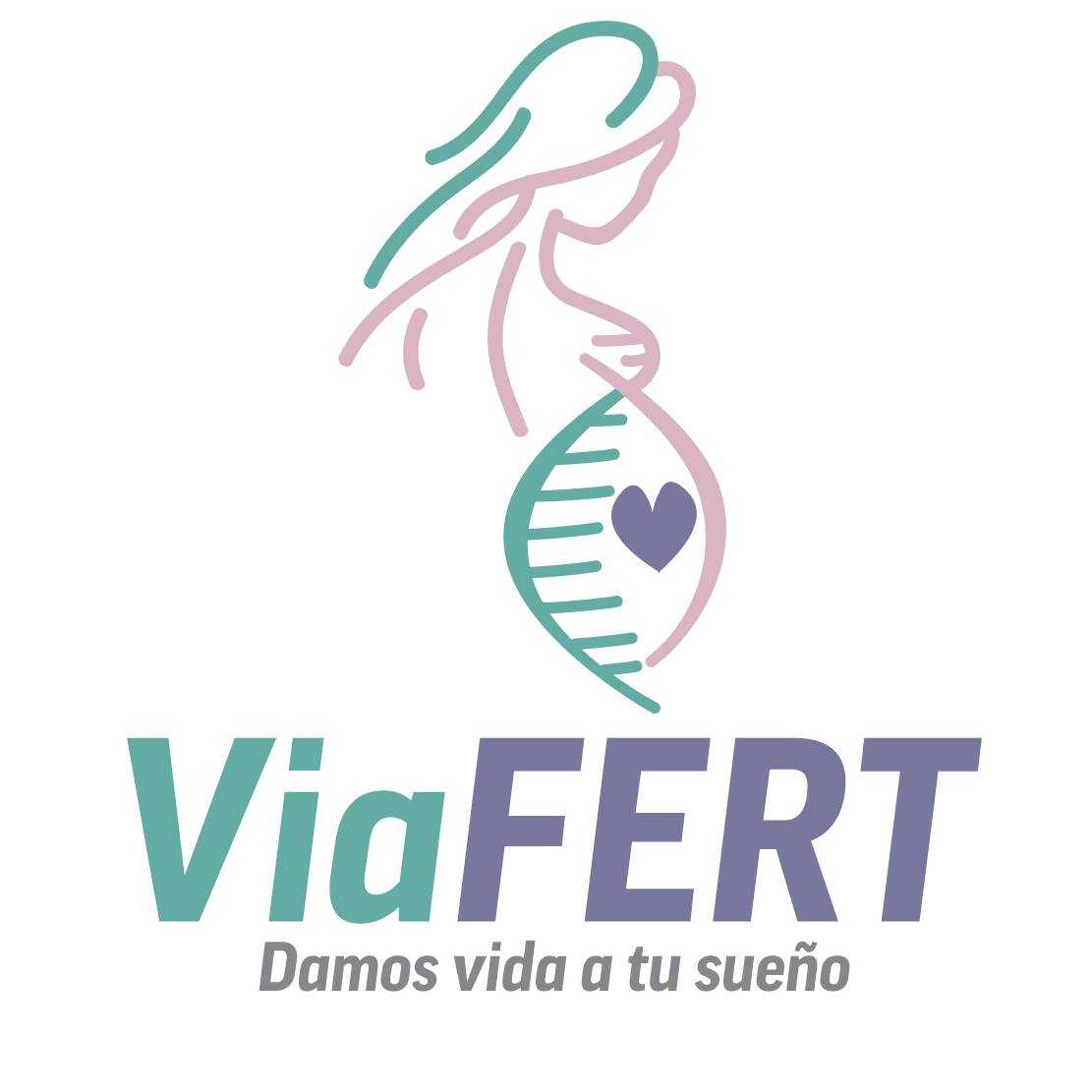
Mexico is a great place for people who need help having a baby. Many people go there for a special baby-making help called IVF. IVF helps mommies and daddies who have a hard time making a baby. Let's find out more about IVF and why Mexico is a nice place for it!
What is IVF?
IVF stands for "In Vitro Fertilization." It's like a science experiment where a doctor helps an egg and a sperm join together outside the body, in a special lab. If the egg and sperm make a baby, the doctor carefully puts the tiny baby back inside the mommy's tummy.
Why Mexico for IVF?
Mexico is a great place to go for IVF for many reasons:
- Good Hospitals: Mexico has very good hospitals with the newest tools and technology to help people have babies.
- Smart Doctors: The doctors in Mexico know a lot about IVF. They have studied and practiced for many years.
- Lower Costs: Having IVF in Mexico costs less money than in some other countries.
- Friendly People: Mexican people are very kind and caring. They will help you feel comfortable while you are getting treatment.
How Does IVF Work?
IVF has a few steps:
- Making More Eggs: The doctors give the mommy special medicine to help her body make more eggs.
- Taking Out the Eggs: The doctors carefully take the eggs out of the mommy's body.
- Joining Egg and Sperm: In the lab, the doctors help the sperm join with the egg.
- Growing the Baby: The doctors keep the baby safe in the lab for a few days while it grows bigger.
- Putting the Baby Back: The doctors gently put the baby back in the mommy's tummy and hope it will grow into a healthy baby.
What is Special About IVF in Mexico?
Mexico has some of the best technology to help people with IVF:
- Super Labs: The labs in Mexico have amazing tools to keep the babies safe and healthy.
- Checking the Baby: Doctors can even check the baby before putting it back in the mommy's tummy to make sure it is strong and healthy.
- Helping the Sperm: If the sperm has trouble joining with the egg, the doctors can give it a little extra help.
- Watching the Baby Grow: Doctors can watch the baby grow in the lab with special cameras.
How Successful is IVF in Mexico?
Many people who have IVF in Mexico have healthy babies! The doctors are very good at what they do, and they use the best tools to help.
What are the Challenges of IVF?
IVF can be a little tricky:
- Feeling Tired: The medicine and the procedures can make the mommy feel tired.
- Feeling Sad: Sometimes, IVF doesn't work the first time, and that can make people feel sad.
- Having More Than One Baby: Sometimes, IVF helps make more than one baby, and that can be hard for the mommy and babies.
Happy Stories from Mexico
Many people have wonderful stories about having IVF in Mexico. Here are two of them:
Elda's Story
Elda tried to have a baby in the USA, but it didn't work. She felt sad. Then, she went to a special hospital in Mexico City called INGENES. The doctors and nurses at INGENES were very kind and helpful. On her second try, Elda got pregnant! She was so happy to hear her baby's heartbeat for the first time.
Laura's Story
Laura had trouble getting pregnant because her tubes were blocked. She went to INGENES and had IVF. It worked on the first try, and she had twins! Later, Laura had two more babies without any help. She is now a happy mother of four.
Read About Patient Story of: Sarah and David's IVF Journey in Puebla, Mexico
What Might Happen with IVF in the Future?
Doctors are always learning new things about IVF. In the future, they might:
- Use Computers: Computers might help doctors choose the strongest and healthiest babies.
- Freeze Eggs and Sperm: Doctors might get better at freezing eggs and sperm for later.
Where are the Best IVF Clinics in Mexico?
Mexico has many great IVF clinics in Mexico:
- Ingenes Mexico City: This clinic is known for its excellent doctors and technology.
- UNILIVE: This clinic helps many people have babies and has a very high success rate.
- Centro de Fertilidad del Prado: This clinic is known for its friendly staff and personalized care.
How Much Does IVF Cost in Mexico?
The cost of IVF in Mexico can vary depending on the clinic and the specific treatments needed. Here is a general idea of the costs:
| Item | Price |
|---|---|
| Initial Consultation | $100 - $200 |
| IVF Cycle (basic) | $5,000 - $8,000 |
| Medications | $2,000 - $5,000 |
| ICSI (if needed) | $1,000 - $2,000 |
| PGT (if needed) | $2,000 - $4,000 |
Important Note: These are just estimates, and the actual costs may vary. It is important to discuss the costs with your chosen clinic and get a personalized quote.
Questions You Might Ask
What if IVF doesn't work?
The doctors will help you find other ways to have a baby.
Does IVF hurt?
Some parts might feel a little ouchy, but the doctors give you medicine to help.
How long does IVF take?
It can take a few weeks to finish.
Do I need to stay in Mexico the whole time?
You might need to stay in Mexico for a few weeks for your treatments.
How can I find the best clinic?
You can ask the friendly helpers at PlacidWay. They will help you pick the best clinic for you!
Ready to Start Your Family? Talk to PlacidWay!
Do you want help having a baby? PlacidWay can help you! They know the best places and doctors in Mexico for baby help with IVF. They can answer your questions and help you feel happy and safe. Ask PlacidWay today, and they will help you start your baby journey!



.png)






.png)
-Treatments-Why-More-Couples-Are-Going-Abroad-Thumbnail.png)






Share this listing